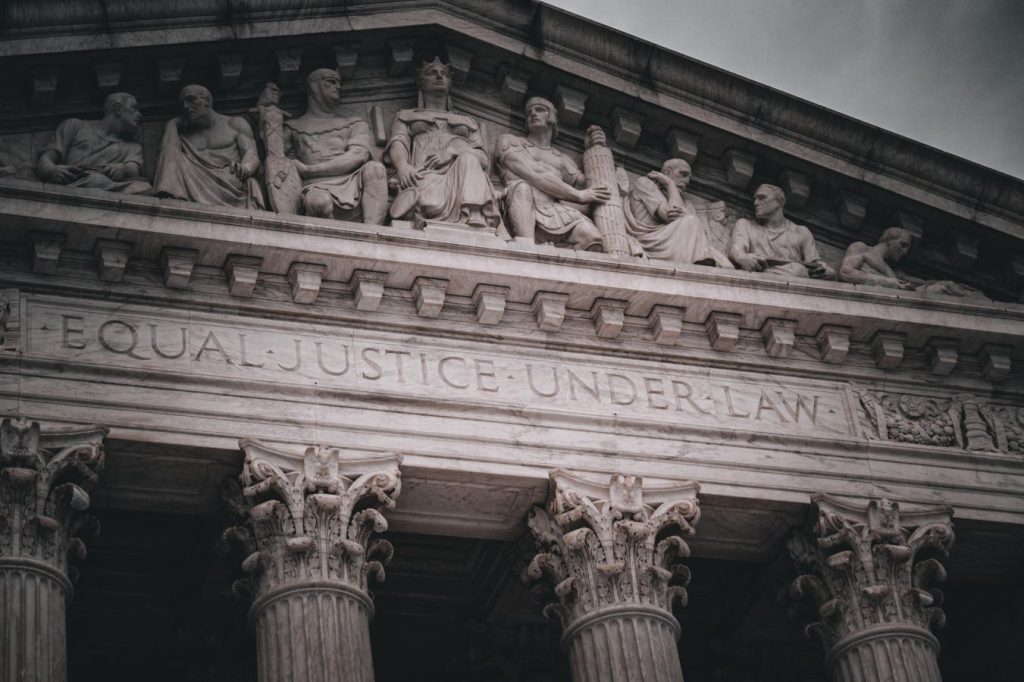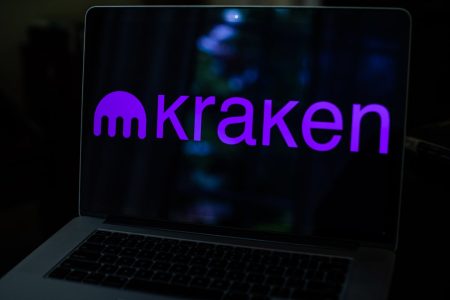In two rulings last month, the U.S. Supreme Court discarded long standing legal doctrines governing federal agency implementation of laws protecting the environment, public health, consumers, workers, investors, and financial stability. The rulings–Loper Bright Enterprises v. Raimondo and Corner Post v. Federal Reserve–are important milestones in a decades-long campaign by fossil fuel companies and allies to dismantle what they call the “administrative state.” Ostensibly “pro-business,” these rulings in fact make the prospects for business less certain and thus throw sand in the gears of innovative capitalism. Business leaders and investors must now recognize that core elements of our nation’s legal frameworks and institutions are in serious peril. Unlocking the enormous economic opportunities from the transition to a decarbonized economy, and minimizing the financial risks of failure to transition, requires taking action to defend them.
The Dismantling
This “Dismantling” campaign (my term) has been well-documented by Jane Mayer in Dark Money and numerous other researchers. Its leaders claim they are acting in the nation’s interest in preserving free enterprise. Yet the Supreme Court’s latest rulings show why this campaign is not all conservative.
Regulation is essential to enable businesses to compete on a level playing field and to protect the environmental services and financial stability on which the economy depends. Business regulation has made the U.S. the most attractive capital market in the world. Stopping the Dismantling will be key to preserving this business-friendly environment.
Loper Bright: Lowering The Bar For Overturning Agency Decisions
In Loper Bright, the Court jettisoned Chevron deference, a 40-year-old doctrine of judicial restraint stating that when resolving statutory ambiguities, courts will defer to reasonable agency interpretations. In its 6-3 ruling, the Court revived a challenge to an agency rule requiring owners of fishing fleets to pay for third-party monitors to help ensure against overfishing. This challenge will now go forward, even though monitoring of vessels was halted in 2023 and, while the program was in effect, the government had reimbursed fleet owners for the cost of the observers.
Loper Bright makes explicit what the Court has been hinting at in recent decisions: Life-tenured judges, unaccountable to the electorate, will now be on the front lines in deciding the countless complex technical issues that Congress leaves unanswered when enacting statutes, not the federal agency experts that have long been entrusted to do this.
The harmful consequences of this hostility to agency expertise were made clear in another case this term, Ohio v. Environmental Protection Agency, when Justice Gorsuch confused nitrogen oxide (a pollutant) with nitrous oxide (laughing gas) in his discussion of the Court’s controversial stay of an air pollution rule. By casually dismissing EPA’s analysis, the Court’s 5-4 majority consigns us to more pollution and sends a message to agencies that virtually any aspect of their voluminous decision documents could be second-guessed by unqualified judges.
Under Loper Bright, agency experts are no longer entitled to respect from the courts. This means that in cases brought before judges predisposed to be skeptical of government action, regulated interests will enjoy a greater odds of success. In cases before judges sympathetic to more rigorous rules, rules favored by regulated interests will be more likely to be overturned. The distribution of outcomes is unknowable. What is known: thanks to Loper Bright’s abandonment of judicial restraint, businesses will be forced to reckon with very challenging regulatory uncertainty.
Corner Post: Opening The Litigation Floodgates
Corner Post v. Federal Reserve reinterprets the federal six-year statute of limitations, which had long been understood to allow a facial challenge to an agency decision within six years of that decision. Under the Court’s new approach–adopted by the same super-majority as in Loper Bright–lawsuits to overturn a decision may be filed within six years of when the regulated business is first affected.
As a result, the convenience store and truck stop known as Corner Post, created in 2018, will be allowed to challenge a Federal Reserve decision on financial institutions’ debit card fees that was enacted in 2011. The lawsuit will go forward even though ten years ago, other businesses and trade associations sued over the same Federal Reserve decision and lost.
Corner Post essentially opens the floodgates for virtually limitless litigation. All that is needed to file litigation under the Administrative Procedure Act against any of the thousands of government decisions made over the past century is to create a new business that would be impacted by the decision. Armed with the “no deference” ruling in Loper Bright, Dismantling advocates are undoubtedly gearing up. The ability of agencies to carry out the core functions assigned to them by Congress could soon be compromised.
Preventing Another Global Financial Crisis
Businesses and investors must take action on this growing threat, but they should prepare for significant pushback. In recent years, Dismantling advocates have mounted a large-scale advocacy effort to undercut businesses and investors working to address Environmental, Social, and Governance risks. As reported by Center for Media and Democracy, their arguments center around the claim that climate change and other ESG risks are “political” and outside of businesses’ and investors’ financial stewardship mandates.
This claim is wrong in many ways. Perhaps the most obvious reason is that preventing businesses and investors from engaging with regulators regarding climate change and other systemic risks is a recipe for another global financial crisis. The 2008 Global Financial Crisis, which, according to Center for American Progress estimates, wiped away 7.6 million jobs between 2008 and 2009 and 9.5 percent of 2007 per capita GDP from 2008 to 2013, flowed directly from deregulation of the financial industry. Businesses and investors must now head off even more sweeping deregulation and ensure that federal agencies are equipped to address climate change, pandemics, and a host of other threats to sustainability and financial stability.
How Businesses And Investors Can Help
Many business leaders and investors presumably already recognize that the legal frameworks that made our nation strong are under threat but are unsure how to counter that threat. Here are four suggestions.
First, businesses and investors should communicate to Congress the importance of legislation that prevents regulated interests from unfairly undercutting agency work, while preserving the core tenets of judicial review. Legislation offering constructive approaches has already been introduced by Representatives Nadler (D-NY) and Correa (D-CA).
Second, businesses and investors should offer technical support to agencies and commit to defending them against litigation challenges if a reasoned approach is taken to complex statutory interpretation questions.
Third, they should engage in the robust debate about business regulation already underway in the courts. Although federal agencies defend their own regulatory decisions, and citizen groups and states sometimes rally to agencies’ defense, business and investor groups are often missing. The next several years of court rulings will determine the extent of damage generated by Loper Bright and Corner Post. Businesses and investors can play a central role in minimizing this damage by articulating the case for sensible safeguards. As Harvard Law researcher J.S. Nelson has shown, leading businesses have begun filing amicus briefs and intervening in cases to support agency decisions in response to the recent wave of destabilizing legal challenges; this work will need to expand significantly.
Finally, public companies’ annual reports and shareholder meetings must include robust discussions of companies’ policy engagement on climate change and other systemic risks. If management is supporting the Dismantling with their own advocacy or financing of trade associations and advocacy groups, or if they are remaining silent, investors must press management and directors for change.
A New Generation of Safeguards
Policy engagement of this nature will require persistence and creativity. Virtually no one seeks to defend the current suite of regulations that governs U.S. business activity; for example, it is far too difficult to build affordable housing, public transit, electricity transmission lines, and other critical infrastructure. A new generation of safeguards and incentives is needed to transition to a decarbonized, climate-resilient economy that rectifies long-standing racial and economic injustices. Fortunately, agencies have already begun work in this direction, thanks to the Inflation Reduction Act, Bipartisan Infrastructure Law, and Chips and Science Act, signed into law by President Biden in 2021 and 2022. To build on this momentum, businesses and investors must work with federal agencies and civil society to eliminate arbitrary administrative hurdles and help ensure safe passage of important agency decisions through the court system.
Read the full article here










